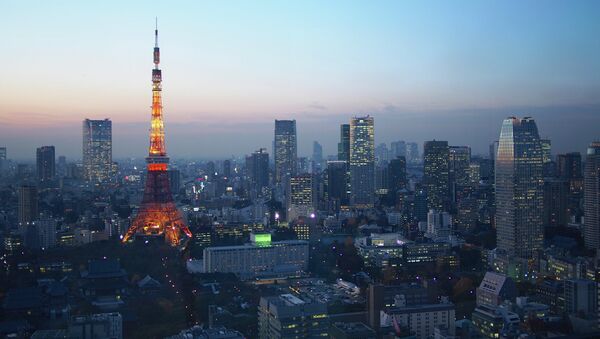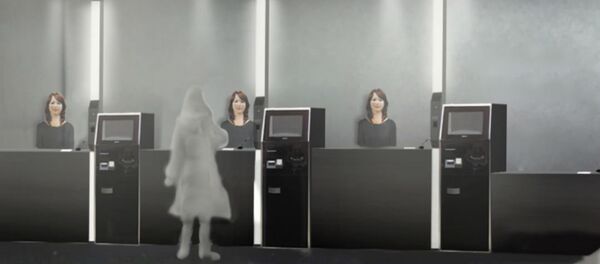In the July-September period, the economy had shrunk 0.5 percent on a quarterly basis, and contracted by 1.9 percent in annual terms. However, in October-December, annualized GDP growth was 2.2 percent, lower than expected by analysts in a Reuters survey who gave a median prediction of 3.7 percent growth. A survey by the economic daily Nikkei had a median forecast of 0.9 percent on a quarterly basis.
Spending in the business sector grew by just 0.1 percent in the quarter, while consumer spending rose by 0.3 percent. Exports grew 2.7 percent compared to the third quarter, stimulated by a weak yen which has decreased in value by 28 percent against the dollar since December 2012, as a result of a massive quantitative easing program from the Bank of Japan.
A sales tax hike on April 1 from 5 percent to 8 percent had taken its toll on growth in the previous two quarters, with the Abe administration consequently postponing a planned second sales tax rise to 10 percent until April 2017. The consumption tax rise is aimed at tackling Japan's public debt, the highest among developed countries. A corporate tax cut of 2.51 percent to 32.1 percent is planned for April, with further cuts to push the figure below 30 percent, as the government seeks to stimulate growth. In December, the government approved a ¥3.5 trillion ($29billion) stimulus package of subsidies for regional governments to support small businesses and consumers.
At last month's World Economic Outlook briefing, experts from the IMF cast doubts regarding Japan's growth prospects for 2015, citing disappointing private domestic and foreign demand. "Potential growth in Japan is very, very low," said Olivier Blanchard, chief economist at the IMF. "The structural reforms which could help increase potential growth are not yet sufficient, we think, to have a substantial impact on the medium term and the future of Japan." The IMF revised its 2015 growth forecast for the Japanese economy down to 0.6 percent, while at the same time downgrading its forecast for the Eurozone to 1.2 percent, and the US up to 3.2 percent.
However, speaking to the press on Monday, Akira Amari, Japan's minister for economic and fiscal policy, was optimistic about the figures, pointing to positive consumer sentiment. The Japanese Nikkei was also buoyed by the news, reaching 18,047.26 in Monday's morning trading session, up 0.66 percent from Friday, to reach its the highest point since July 2007.



